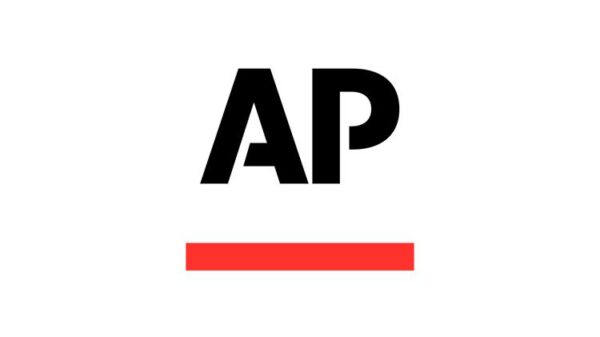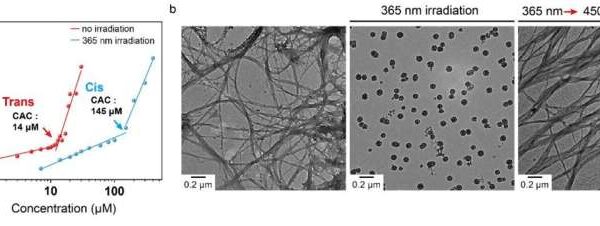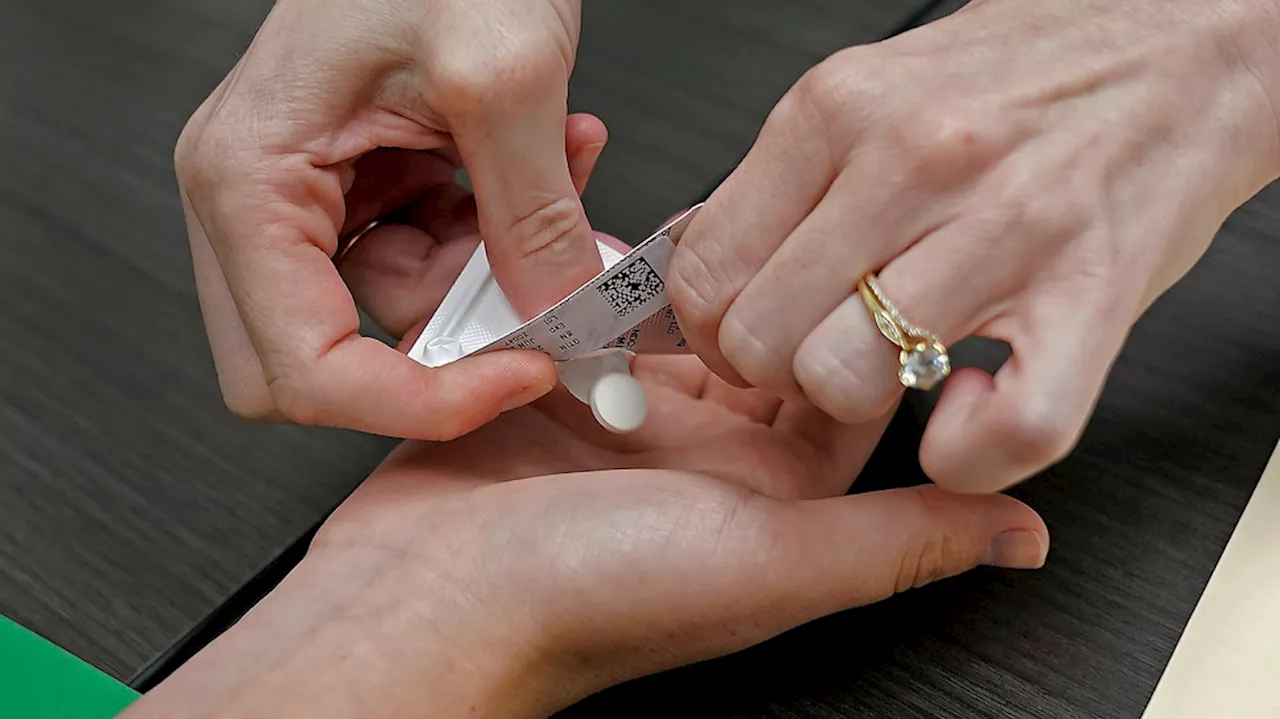Researchers at the University of California, Los Angeles (UCLA) have developed a groundbreaking pill that shows potential in healing the brain after a stroke or traumatic brain injury. This innovative treatment aims to stimulate the body’s natural repair mechanisms, providing hope for millions affected by such conditions.
The research team, supported by funding from the National Institutes of Health (NIH), conducted initial studies that demonstrate the pill’s ability to encourage brain cell regeneration. In laboratory tests, the compound has shown promising results in enhancing cognitive function and improving recovery outcomes.
The findings were published in March 2024, highlighting a significant step forward in neuroscientific research. According to lead researcher Dr. Katherine Lee, “This pill not only has the potential to repair damaged brain tissue but also to restore lost cognitive abilities. Our goal is to make this treatment available to patients as soon as possible.”
Mechanism of Action and Future Implications
The pill works by targeting specific pathways involved in neuroplasticity, the brain’s ability to reorganize itself. By enhancing these pathways, the treatment encourages the growth of new neurons and strengthens existing connections. This mechanism could provide a crucial advantage for individuals recovering from strokes, who often face long-term cognitive deficits.
Current therapies for stroke recovery are limited, often requiring extensive rehabilitation and time. The pill presents a more direct approach to brain recovery, potentially reducing the duration of rehabilitation needed. The research team anticipates that clinical trials will begin later this year, assessing the pill’s safety and efficacy in human subjects.
Dr. Emily Chen, a neurologist at UCLA, emphasized the importance of this research, stating, “If successful, this treatment could change the landscape of stroke recovery. It’s about giving patients a fighting chance to regain their independence.”
Broader Research Context
Stroke remains a leading cause of disability worldwide, affecting millions annually. According to the World Health Organization, approximately 15 million people suffer strokes each year, with around 5 million experiencing permanent disability. These statistics underscore the urgent need for effective treatments that can enhance recovery.
The ongoing research at UCLA represents a significant advancement in the quest for better therapeutic options. As the team prepares for clinical trials, they are also exploring partnerships with pharmaceutical companies to expedite the development and distribution of this promising medication.
In addition to stroke recovery, the implications of this research could extend to other neurological conditions, potentially opening new avenues for treatment in diseases such as Alzheimer’s and Parkinson’s. Researchers are optimistic that their findings will inspire further studies and innovations in brain health.
As the project progresses, updates will be crucial for patients and families seeking hope in the face of debilitating brain injuries. The scientific community eagerly awaits the outcomes of the upcoming clinical trials, which could herald a new era in neurological recovery.





































































